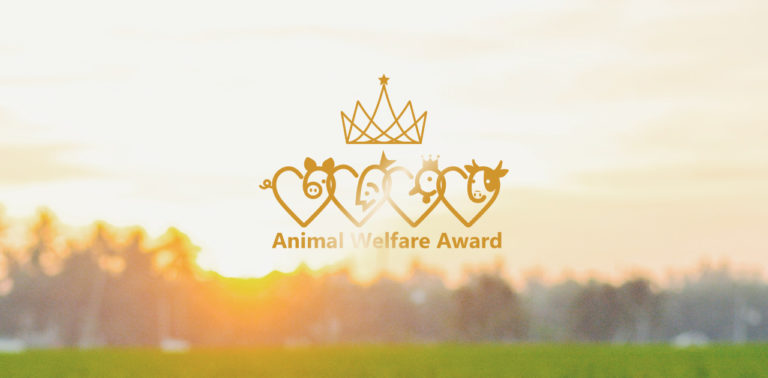
Category Animal Welfare

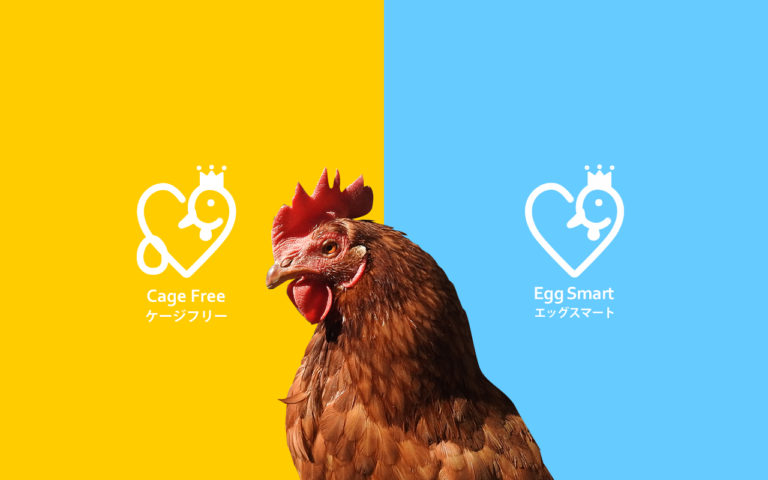
Which will you choose? Cage-free? or Egg-smart?
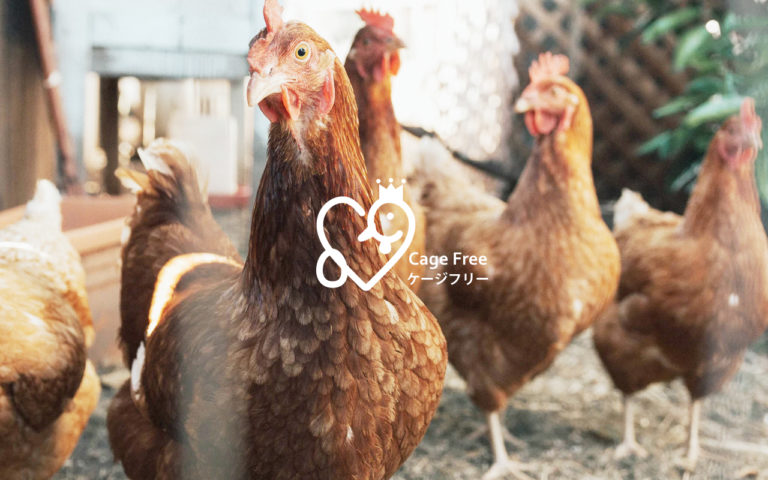
Ryokan goes cage-free only a week after knowing the truth: “Tabinoyado Saikawa”
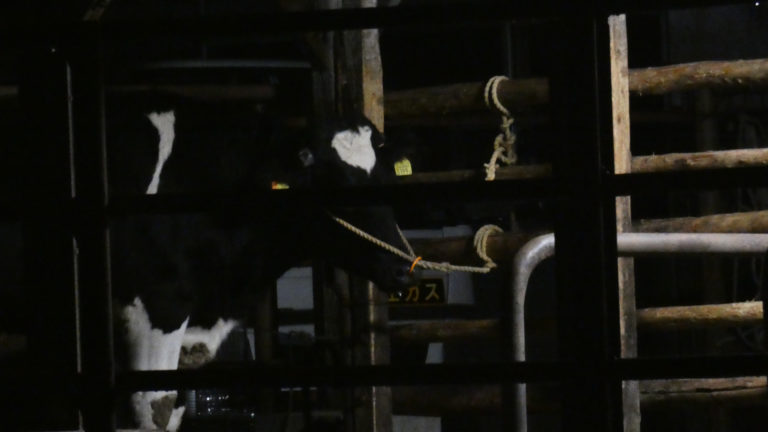
[Slaughterhouse in Japan] Tether too short to even lie down, tied overnight without even water
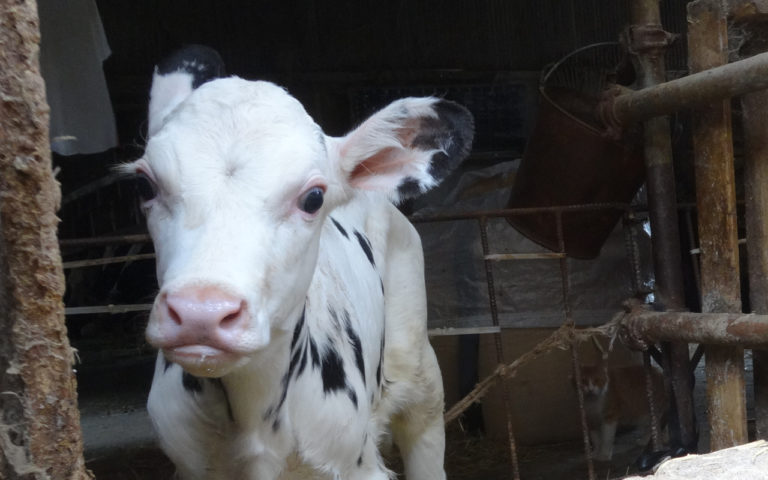
Japan’s animal welfare, why it’s so behind

2020 Awareness survey regarding livestock animals – The awareness remains low
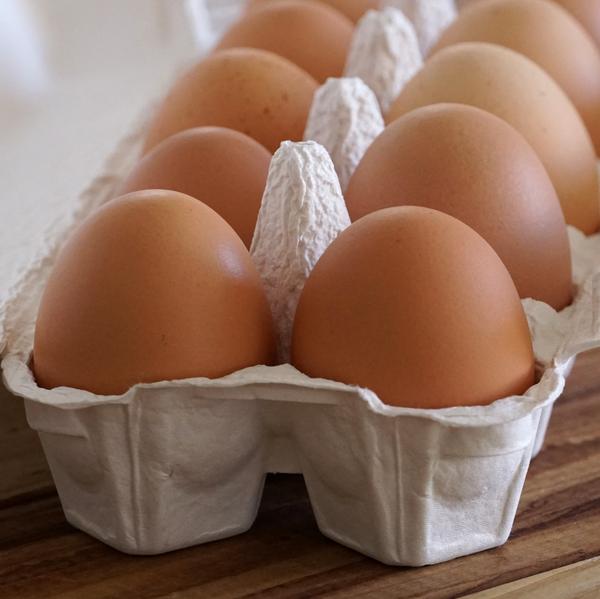
HORIZON FARMS makes triple AW declarations, with cage-free and better chicken

Revealing the Country’s Low Standards – Draft Animal Welfare Codes for Egg Laying Hens
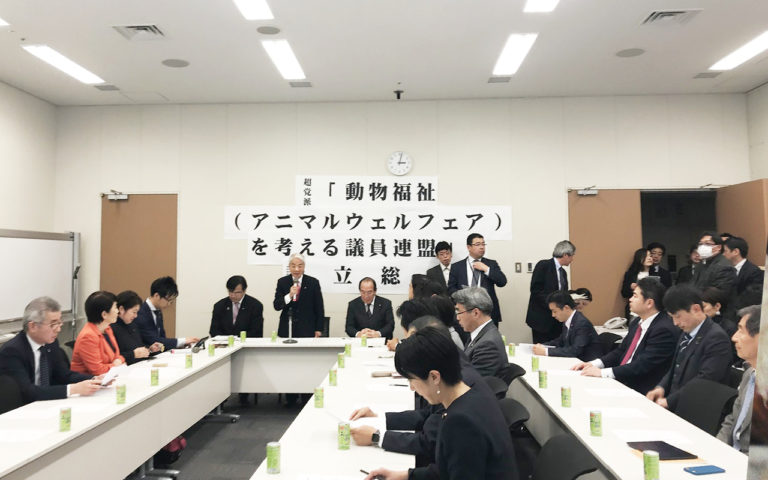
Parliamentary League for Animal Welfare Established!
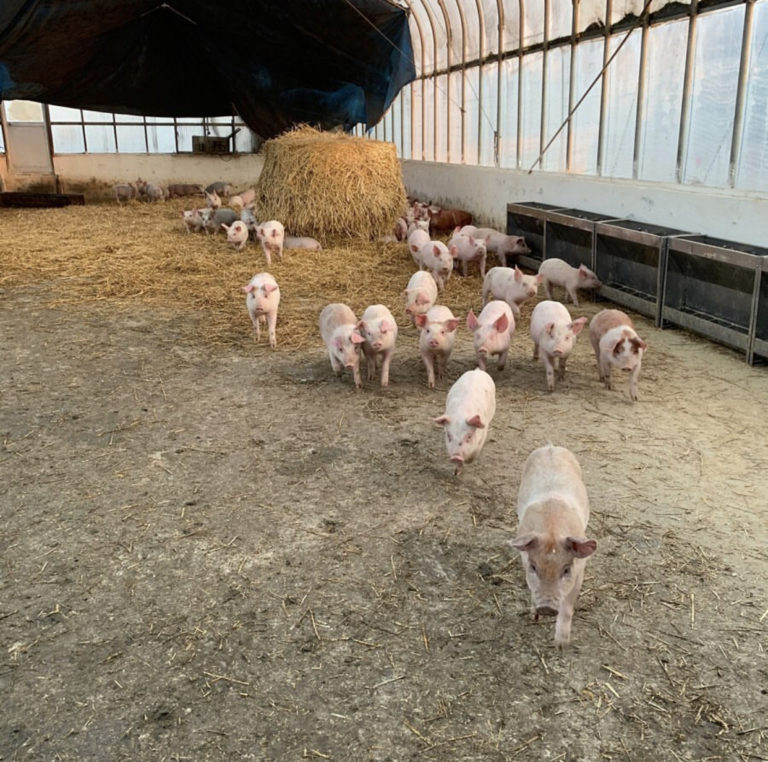
HORIZON FARMS, caring about animal welfare since the beginning, declares stall-free
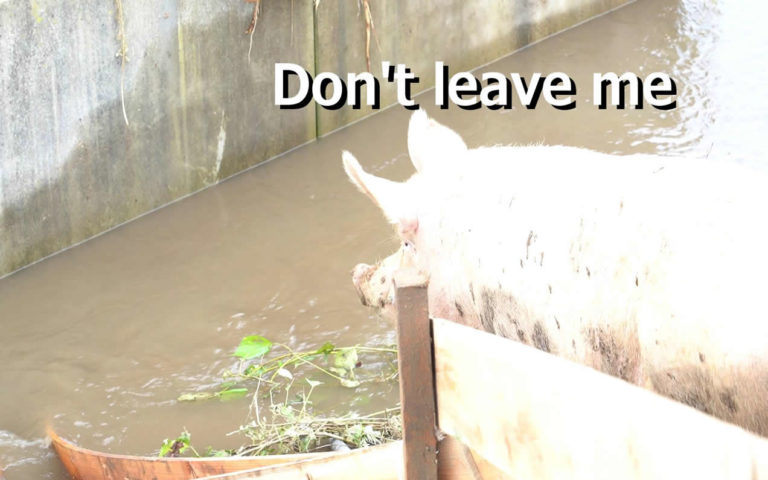
A 3-minute film by Animal Rights Center Japan received an award
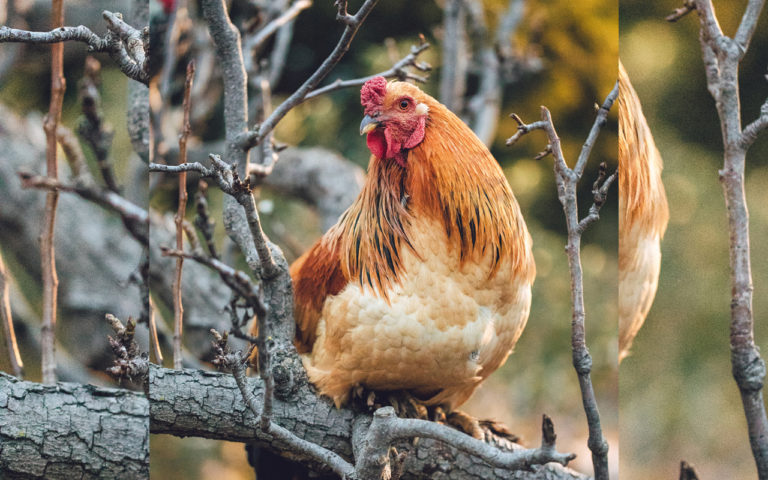
OIE Laying Hen Code Final Proposal: Opinions of Industry, Experts, and Animal Protection Organizations

The OIE Standards – Make them known to Animal Welfare Administration

Minister responds “I agree” to Representative Horikoshi’s explanation of the need for promoting animal welfare

Supermarket Survey: Animal Welfare
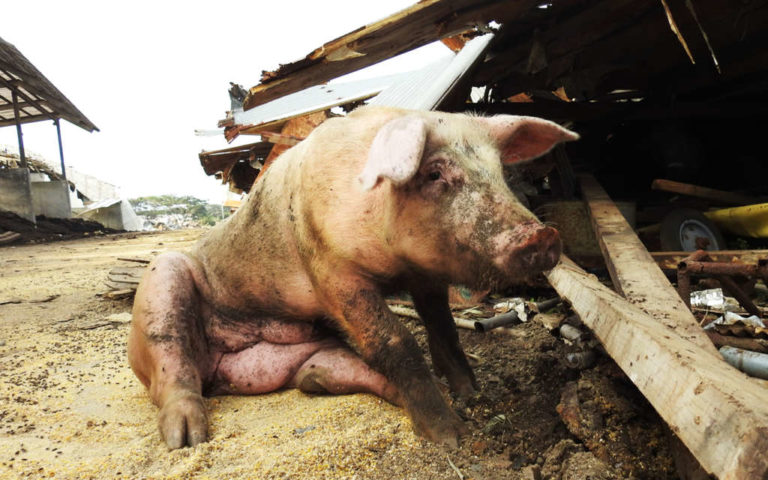
Are livestock farmers handling lives prepared for disasters?

Animal welfare issues and solutions for broiler
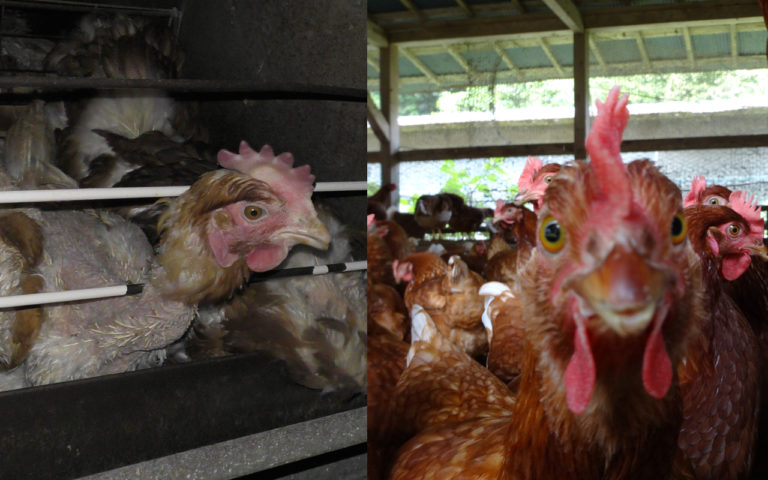
Already 4 US states have decided to ban the sale of caged eggs
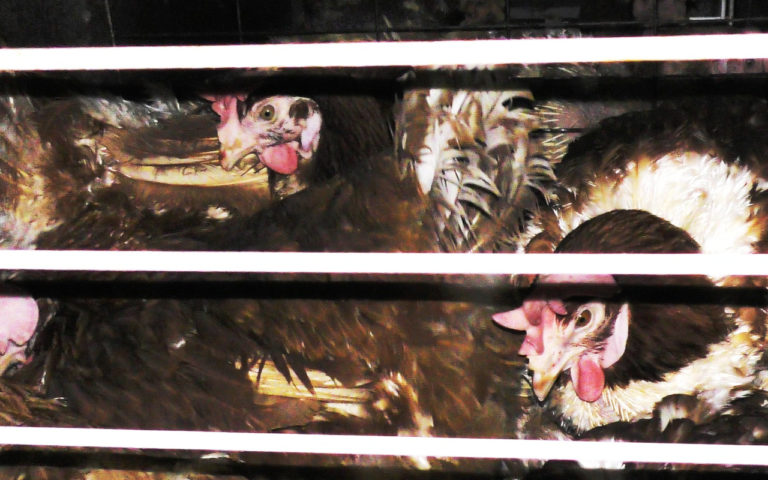
Let’s end caged rearing
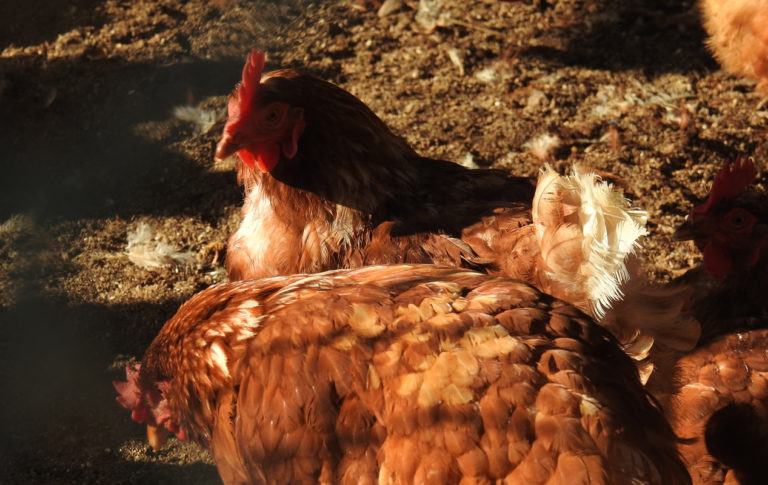
RICCO gelato: the popular domestic sweets are fully cage-free!
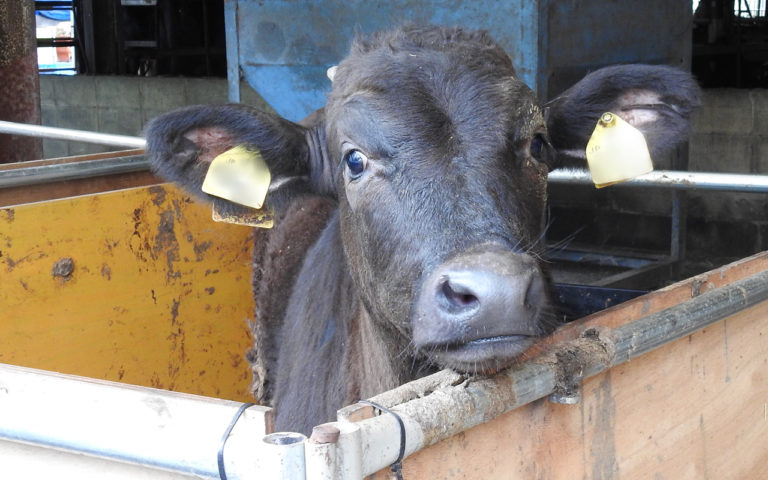
Cow’s life – what you can tell from Individual Identification numbers
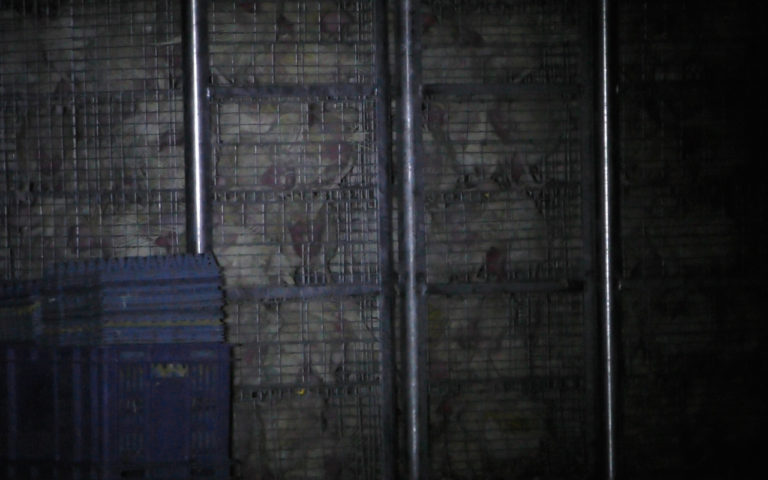
Request regarding Comprehensive Subsidies for Developing Strong Agriculture & Leaders
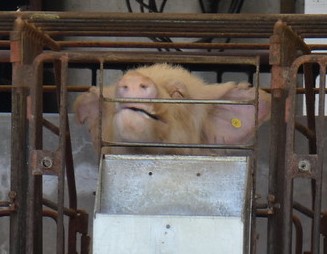
Primaham might quit using pregnancy stalls in its new farms?!
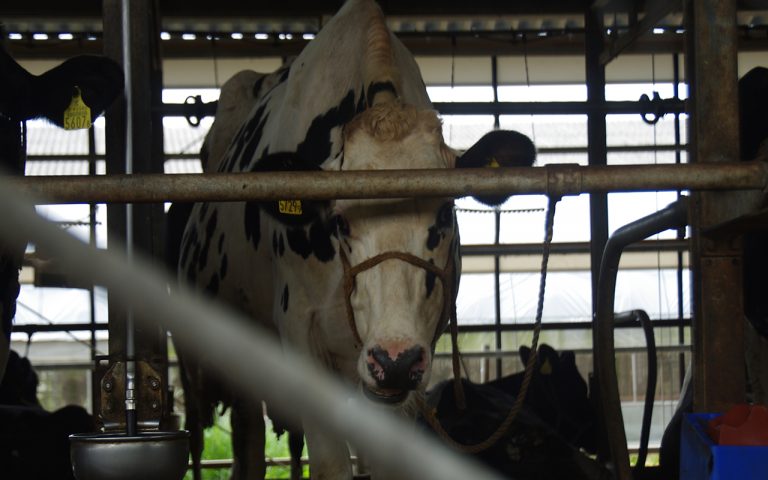
Problems of Dairy Cows in Tie Stall Barns

Nanakusano sato (Matsuda Mayonnaise) A Japanese company that only uses cage-free eggs
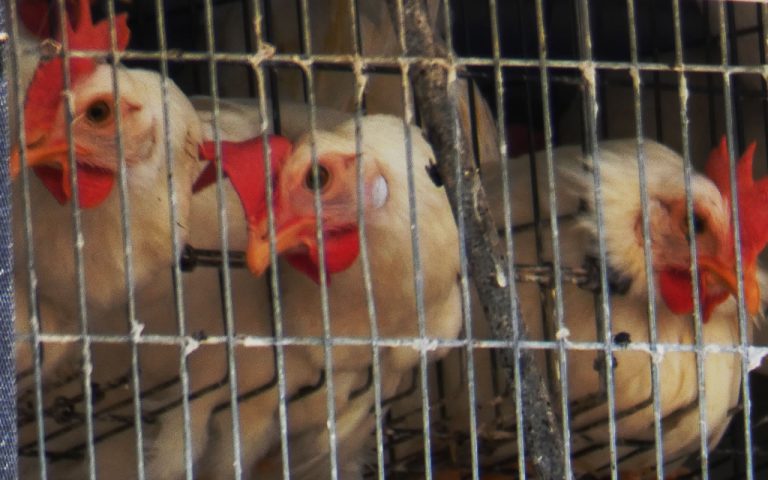
Agriculture in Japan: is only a short-term perspective ok?
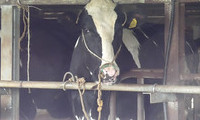
Tethering of Dairy Cows Remain Common in Japan while European Countries Move toward Ban


